For years, companies have collected information about users on the Internet through cookies and other tracking technology. While this practice began for networking performance and advertising purposes, a web of companies now amasses highly sensitive data on users without transparency or robust oversight. Data analytics firms know not just about internet users’ shopping preferences, but where they live, their income, even medical conditions, and can profile or “segment” users to target specific groups. As sensitive data are shared among an increasing number of parties, technology has outpaced laws and policies governing privacy and profiling.
Photo Credit: Chappatte, International Herald Tribune
There is particularly little analysis from a business perspective of how the relationships and incentives behind online collection implicate privacy rights. To address this gap, the Center kicked off a new project with Joris van Hoboken, Postdoctoral Research Fellow at the Institute for Information Law at New York University, and three undergraduate students, Emily Chae (BS ’16), Lillian Leung (BS ’17) and Kyle Wright (BS ’18), to help to map the linkages between the consumer, companies supplying or publishing ads, and the data collectors, brokers, and analytics firms in between.
Though the students are new to this field, they have already begun to keenly grasp the human rights and privacy implications in these practices and how this affects business strategy and long-term sustainability. As Kyle notes, “If we value our privacy as a human right, how can we depend on the companies that profit from our data collection to self-regulate in respecting our preferences?" Private information is now used not just for marketing, but also by employers, insurers, and others, in ways that can have discriminatory effects and harmful outcomes for individuals.
Following intensive research and meetings with companies and policy experts, the Center will produce a research paper and an infographic in Spring 2016 providing an overview of the online data analytics industry, while highlighting specific risks to privacy in different parts of the data broker industry that warrant attention from a business and human rights perspective.
There is an urgent need to help the public understand issues in the sphere of online tracking and profiling business models and the way these implicate privacy rights for online users. Check the blog to keep up with our progress as we start to uncover how information is collected, sold, and the consequences of online tracking for our offline lives.
April Gu is the Center's Associate Director. She earned her B.S. and J.D. from NYU.


